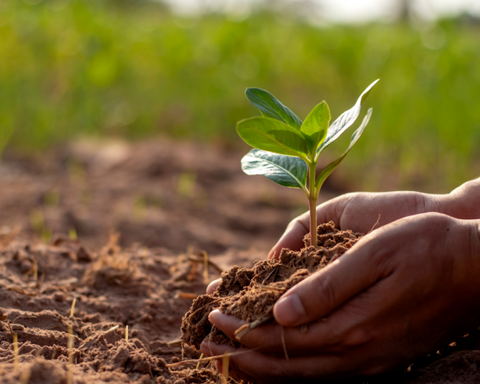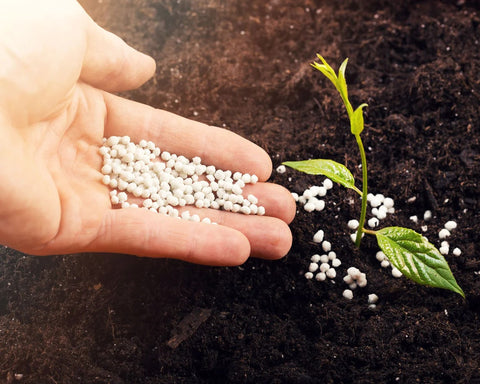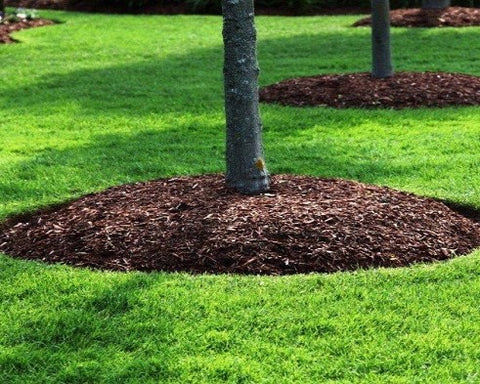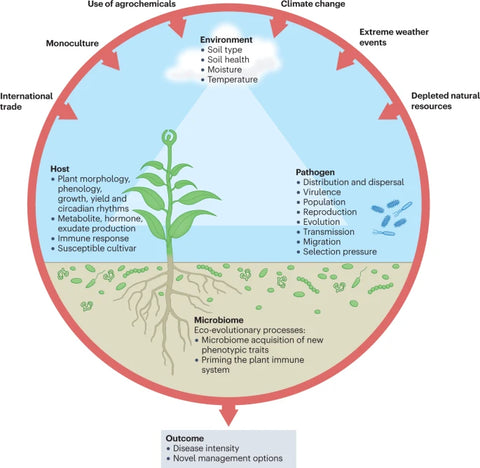+91 9493616161
+91 9493616161

Before you plant your first seed, it's crucial to understand the type of soil in your garden. Soil can range from heavy clay to light sandy soils, with each type presenting unique challenges and benefits. By visiting Kadiyam Nursery's website, you can access detailed resources on identifying your soil type and how to manage it effectively.

The first step in soil preparation is testing. Soil tests provide valuable information about its pH level and nutrient composition. A pH level indicates the acidity or alkalinity of your soil, which affects nutrient availability to plants. Most plants prefer a pH level between 6 and 7.5. Nutrient composition tests will reveal the levels of essential nutrients like nitrogen (N), phosphorus (P), and potassium (K), among others.
For testing, you can purchase a soil test kit from trusted gardening suppliers or through links provided on Kadiyam Nursery's resources page. Additionally, local agricultural extension offices often offer soil testing services, providing detailed reports and recommendations.

Enriching your soil with organic matter is pivotal for a healthy garden. Organic matter improves soil structure, water retention, and microbial activity, which in turn aids in nutrient delivery to plants. Compost, well-rotted manure, leaf mold, and green manures are excellent sources of organic matter. Kadiyam Nursery recommends incorporating these materials into your soil at least once a year. Detailed guides and tips on composting can be found at Kadiyam Nursery’s composting guide.

While organic matter will provide a slow release of nutrients over time, your garden might still benefit from additional fertilization, especially for nutrient-hungry plants. Choosing the right fertilizer depends on your soil test results and specific plant needs. Kadiyam Nursery offers a selection of organic and inorganic fertilizers, with a guide to using them responsibly to prevent nutrient runoff and environmental harm. Visit their fertilizer guide at Kadiyam Nursery’s fertilizer selection for more information.

Mulching is another crucial aspect of soil and garden management. It helps retain soil moisture, regulates temperature, suppresses weed growth, and adds organic matter to the soil as it decomposes. Kadiyam Nursery suggests a variety of mulching materials, including straw, bark chips, and leaf mold, which you can learn more about in their mulching guide at Kadiyam Nursery’s mulching tips.

Soil care is an ongoing process. Regular testing, amendments with organic matter, and appropriate fertilization are key to maintaining soil health. Monitoring your garden’s performance and adjusting your soil management practices accordingly will ensure your garden remains vibrant and productive.
For more detailed guidance, visit Kadiyam Nursery’s comprehensive soil preparation guide and explore their wealth of resources on garden management. Trusted websites for additional information include:
By following these guidelines and leveraging the resources provided by Kadiyam Nursery and other trusted sources, you’ll be well on your way to creating a thriving garden that will bring joy and bounty for years to come.
Leave a comment